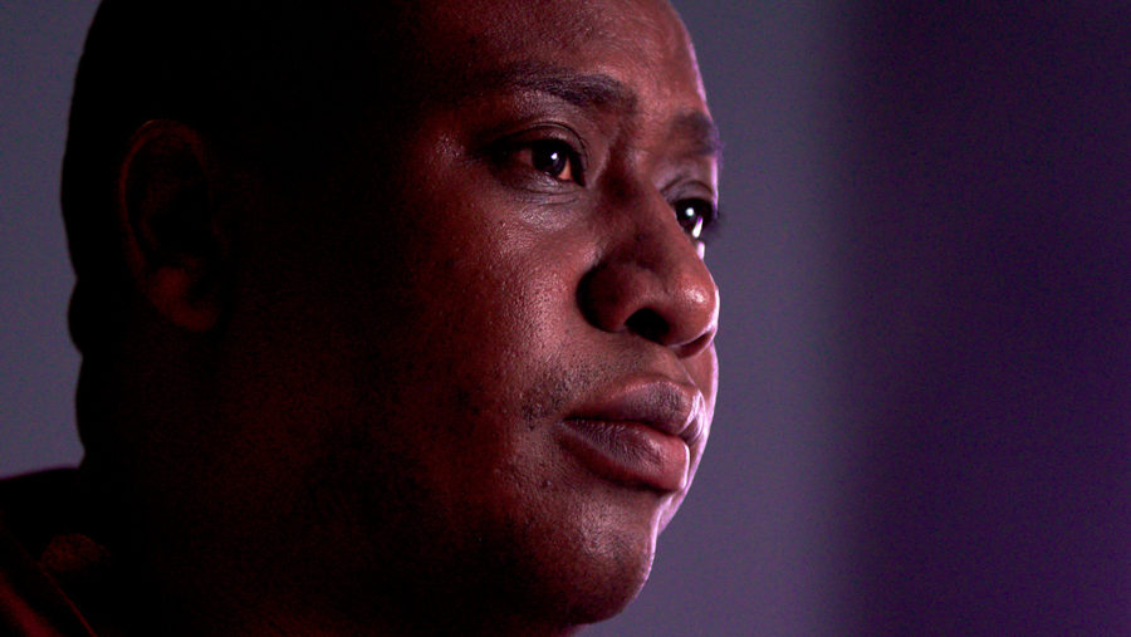
Bojayá: Between the crossfire and the laziness of the state
The Inter-Church Justice and Peace Commission reported that the town of Pogue, in Chocó, Colombia, had been taken over by paramilitary forces. The army said…
On Dec. 31, thanks to a tweet from the Inter-Church Justice and Peace Commission, it became known that paramilitary forces of the Gaitanist Self-Defense Forces of Colombia (AGC) had taken over the community of Pogue, a small municipality of Bojayá in Chocó, Colombia
#Urgente MedioAtrato Hace una hora paramilitares de las AGC se toman la comunidad de Pogue, municipio de Bojayá.
— Comisión de Justicia y Paz (@Justiciaypazcol) December 31, 2019
This claim was supported the next day by the Inter-Ethnic Truth Commission in the Pacific Region (CIVP), which in a communiqué broadened its understanding of the seriousness of the situation: the number of armed men who had the community confined by fear was 300. In the same communiqué they warned of three other villages on the Bojayá River that had been confined by the same armed forces, although other sources indicate that this state of terror is present in a much larger area of the department.
The concentration of this armed actor in the area, in constant conflict with the ELN guerrillas, is due to the search for control of corridors for the exit of drug trafficking, as well as pressure on the population to force them to deforest and plant coca, as was later denounced by the Inter-Church Commission on its Twitter account.
Hours later, Leyner Palacios, the Executive Secretary of the CIVP, had been threatened with death by the AGCs following complaints made, with the order to leave the region. Palacios is a survivor of the Bojayá massacre (2002) and in 2016 was nominated for a Nobel Peace Prize, along with a group of victims of the Colombian armed conflict, for his participation in the peace talks in Havana.
This combination of factors allowed citizen and media pressure to lead President Duque to give the order for 100 Colombian army soldiers to move to the area on 2 January.
On January 3, General Eduardo Enrique Zapateiro, who was in charge of the operation, declared on the radio that the confinement denounced by the population did not exist. Rather, it was "some bandits who were starving" and who came asking for food. Even so, he announced that the presence of the army in the area would continue.
Leyner Palacios, who made the decision to stay in the region and to whom the government promised to strengthen his security scheme, denounced on January 6 to the investigative news program Noticias Uno that the only way this number of armed men would go unnoticed by the army is because there is collusion between them and the paramilitaries. In that claim, Palacios said that the number of paramilitaries present in the area was around 600 men, who would be confining a population of 7,000 people.
The social leader's statements were backed by the deputy director of the Peace and Reconciliation Foundation, Ariel Avila, who said that for fourteen months there have been complaints of collusion between the Army and the Gulf Clan (another name for the AGCs). He also explained that for months the AGC and the ELN have been moving their men, shortening the distance between them, and the coming battle will have catastrophic consequences for the population.
On January 6, the High Commissioner for Peace of the Colombian Government, Miguel Ceballos, was present in Bojayá, although he did not visit the town of Pogue, the most affected according to the complaints, and insisted that the presence of the Army would be maintained and social programs would be encouraged in the region.
RELATED CONTENT
The anxiety continues, even more so when one takes into account that since October 2019 the Colombian Defender's Office has been warning of the high risk of consummation of Early Warnings about confrontations between the AGC and the ELN, which supports the declarations of Ariel Avila of the Peace and Reconciliation Foundation.
Desde octubre de 2019 @DefensoriaCol advirtió alto riesgo de consumación de la AT 017/2019 por los enfrentamientos entre AGC y ELN en Bojayá, Chocó (Napipí, Doguadó y Opogadó). Estos dos grupos armados deben sacar a la población civil de su confrontación y respetar sus derechos. pic.twitter.com/fTjVzeJTwt
— Defensoría delPueblo (@DefensoriaCol) January 2, 2020
On May 2, 2002, the massacre of Bojayá was perpetrated in Bella Vista. This occurred in the context of a 17-day confrontation (April 20 to May 7) between the José María Córdoba block of the FARC and the Elmer Cárdenas paramilitary block. More than 300 civilians, caught up in the confrontation, took refuge in the village church, where a cylinder bomb, launched by the FARC guerrillas, fell.
The massacre left 98 deadly victims: 79 from the explosion (48 were minors), 6 who were on the scene died of cancer in the following years and 13 during the confrontations before or after the explosion.
32 of the fatalities were relatives of social leader Leyner Palacios.
Due to the pressure of the war and the destruction of the church, the community was forced to move without being able to carry out their traditional funeral rites.
On Nov. 20, 2019, the community of Bojayá was finally able to bury 78 of the victims of the massacre definitively, amidst traditional rituals of songs that lasted twelve hours and processions. That same day, the community warned that, due to the resurgence of armed groups in the area, the massacre could be repeated.
Yesterday, January 7, Gloria Ocampo, a 37-year-old social leader, was murdered. She was the secretary of the Community Action Board of the village of La Estrella in Putumayo, one of the departments benefiting from the Territorially Focused Development Plans agreed in the Peace Agreement.
She opens the sad count of social leaders murdered this year.











LEAVE A COMMENT:
Join the discussion! Leave a comment.